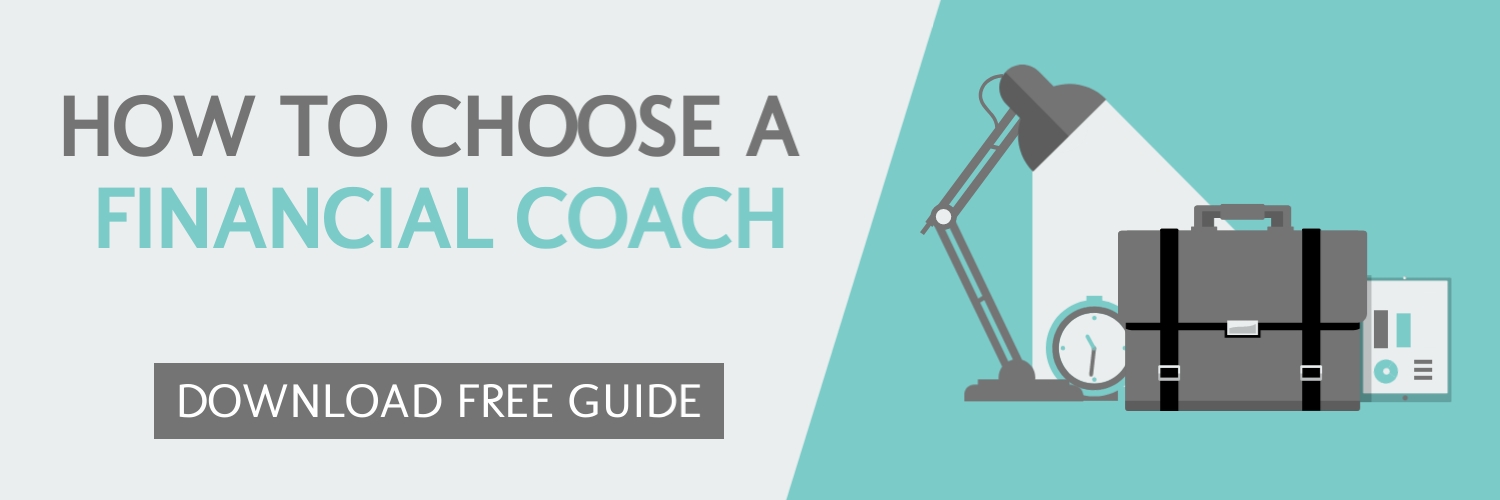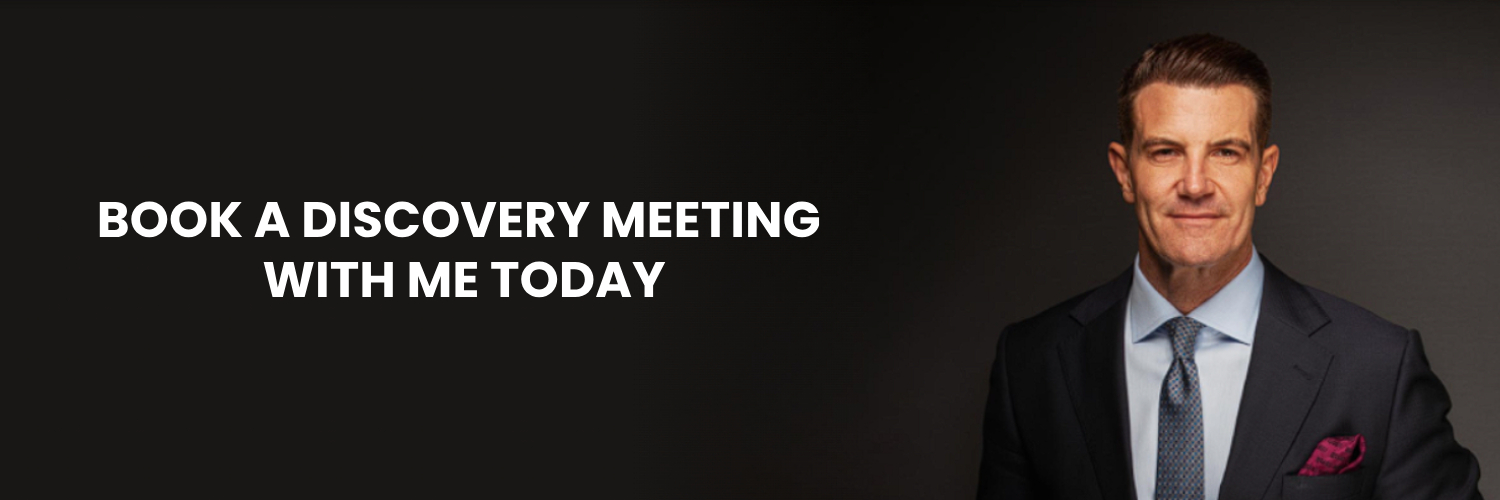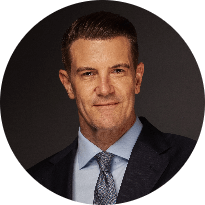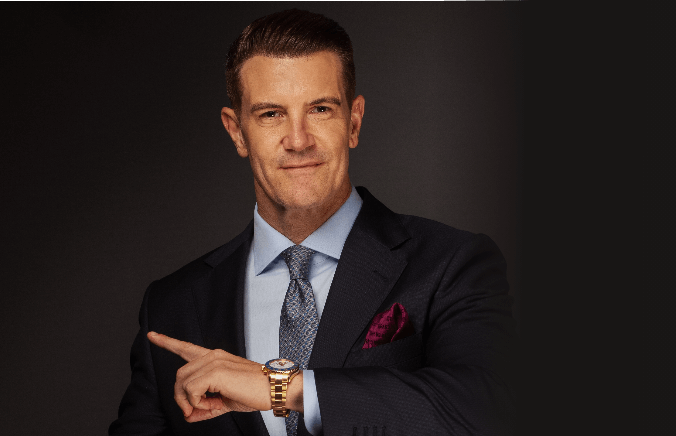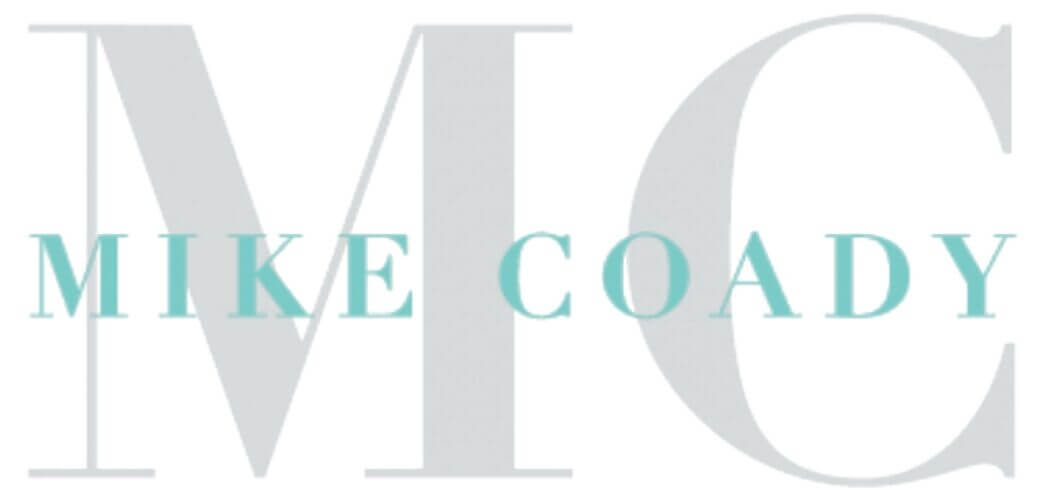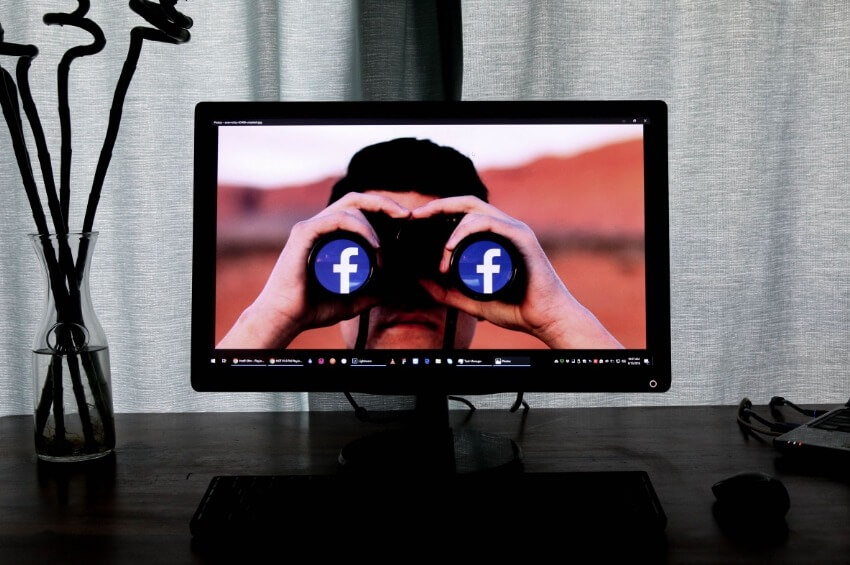
Home We should all be taking steps to protect our privacy

We should all be taking steps to protect our privacy
|
Getting your Trinity Audio player ready...
|
As we move forward into this exciting digital age, and as an increasing proportion of our lives are based around technology, protecting our privacy is, perhaps, more important now than it’s ever been.
It’s not just about shutting your front door behind you and closing yourself off from the outside world. If we don’t protect our privacy and ensure our personal details are kept just that – personal – then we may as well hand over our house keys to a complete stranger.
There is now a whole host of ways we can protect our privacy, and most of them only take a matter of minutes and can prove to be invaluable, should the worst happen.
The majority of us now have a smartphone or laptop and I’ve recently learnt that an alarmingly high percentage of people simply can’t be bothered to enter a simple code or password into their device each time they want to use it. But, surely, this is far easier and much less time-consuming, than leaving your phone in the back of a taxi and having it fall into the hands of ‘the wrong people,’ who could very easily hack into your bank accounts and find out where you live?
To my mind, another vitally important, and easy, measure to protect our privacy is to always remember to sign out of our email accounts and social networking sites such as Twitter and Facebook, after we’ve finished. This is particularly important if you’re using a shared computer, and can also reduce the amount of tracking of you as you surf the internet.
Let’s take a moment to look at Facebook in more depth.
The privacy settings on there are notoriously complex, but it’s important to make sure your “default privacy” isn’t set to “public”, and if set to “custom”, ensure that you know who is able to see your profile, as well as any “networks” you may be sharing with.
Another good tip is to put a ‘Google Alert’ on your name. This is a very simple way of keeping on top of anything that is being said about you online. It only takes a few seconds to set up and has proven to be extremely worthwhile.
Clearing the browser history on your computer regularly is also a very easy thing to set up, and once it’s done, then you don’t have to worry about your online activity being tracked. By going to “Options” on your internet browser, select “Never remember my history” and this will ensure that your online activity is cleared after each session.
Perhaps a more obvious warning is to never give out your personal details, like email address, phone number or address. I’ve experienced this in a number of shops, as well as bars and restaurants, as businesses try to build a customer profile and track your purchasing patterns. You are not obliged to release any personal information whatsoever.
It’s relatively simple to protect our privacy and something which we should be all be doing today to make sure our personal information doesn’t become common knowledge tomorrow.
About Mike Coady
Mike Coady is an expat expert based in Dubai and is on hand to help with all of the above and more.
Mike is an award-winning money coach and industry leader in the financial sector.
Qualified to UK Financial Conduct Authority (FCA) standards, a member of the Chartered Insurance Institute, a Founding Fellow of the Institute of Sales Professionals (FF.ISP), and a Fellow of the Institute of Directors (FIoD) and featured as a highly qualified Financial Adviser in Which Financial Adviser.
To learn how to choose a great financial adviser, download our free guide.
Blog published by Mike Coady.
Related
You May Also Like

Let’s learn quality control from manufacturing
Let’s learn quality control from manufacturing I’ve gone on record before saying the quality is never an accident....

The 18 Golden Rules of Customer Service
People often ask, what makes great firms stand out from the crowd; what differentiates them from the competition?...

Let’s have regular reviews, shall we?
We all know what a regular financial review is, right? It’s a staple of the advisory and wealth...
DISCLOSURE:
mikecoady.com, the website, does not provide financial, investment or tax advice. It is specially designed to provide its users with general information. It does not give individual or specific advice on which products or services are the most appropriate for an individual’s particular circumstances. We may from time to time publish content on this site that has been created by affiliated or unaffiliated contributors.
